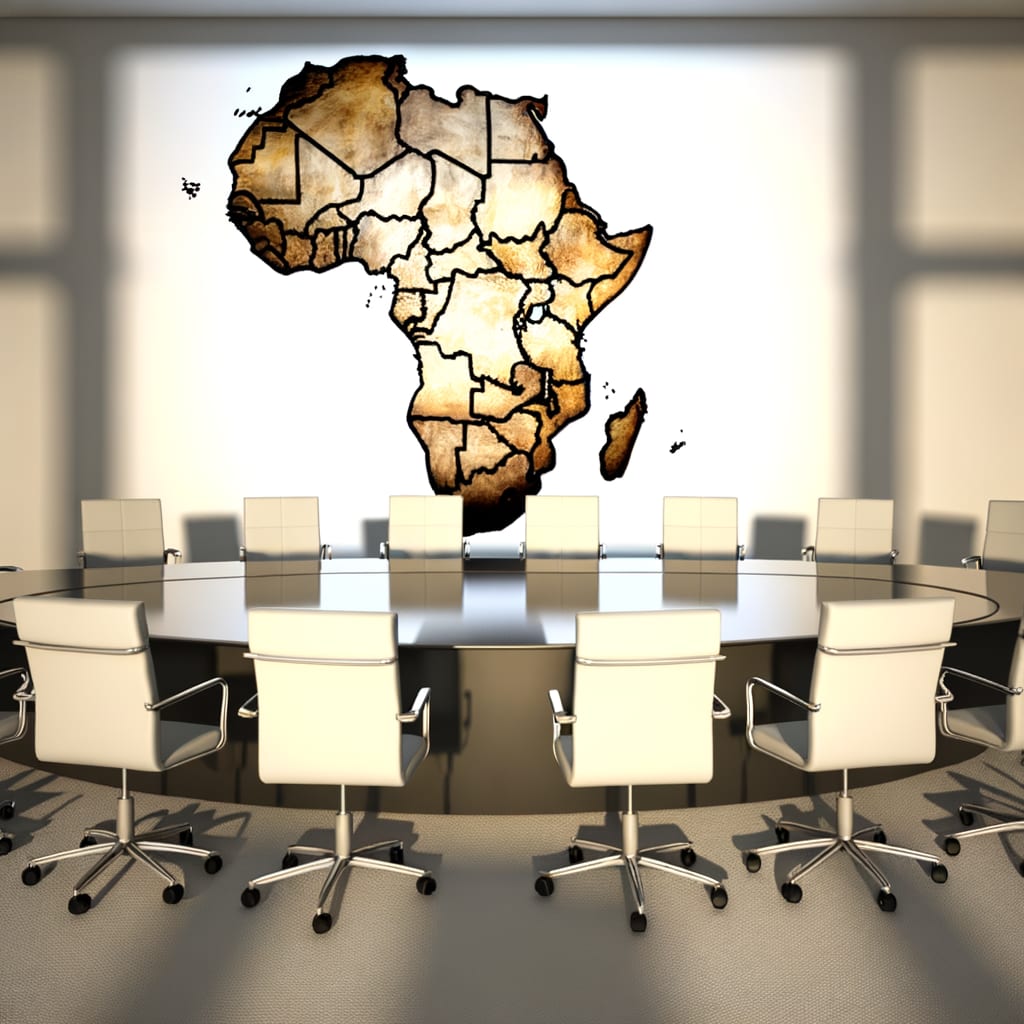Sudan in Crisis: Civil War, Genocide, and International Inaction
Sudan has plunged into a deep crisis, with its civil war escalating into what the Sudanese government and international experts have termed a genocide. The conflict, fueled by a power struggle between the army and paramilitary forces, has seen mass killings, drone strikes, and atrocities in various regions including Darfur and North Kordofan. Despite international warnings, efforts to curb the violence have proven inadequate.
Background and Context
The war in Sudan began in April 2023, and has since seen an increased military buildup, with the army and the paramilitary Rapid Support Forces (RSF) vying for control of the country. A pivotal point in the conflict was the RSF's capture of El Fasher, the last army stronghold in Darfur. The fall of the city, after an 18-month siege, led to the displacement of at least 80,000 people and left 260,000 trapped.
Atrocities and Violence
The violence in Sudan has taken a terrible toll on local populations. The Sudan Doctors Network has described the situation as a true genocide
, with more than 1,500 people killed by the RSF in just three days during the takeover of El Fasher. Earlier atrocities saw over 14,000 civilians killed through bombing, starvation, and executions.
The violence has not spared women and children. Girls are being raped, boys forced to fight, and families left starving. Witnesses report mass kidnappings, executions, and racial slurs hurled by the RSF. In one account, hundreds of men were rounded up near al-Fashir and executed.
International Response and Inaction
Despite the unfolding humanitarian catastrophe, the response from the international community has been slow. The UK government rejected atrocity prevention plans for Sudan months prior, despite warnings about the impending fall of El Fasher and the potential for genocide.
African and international efforts to stop the war have been criticized as sluggish, with calls for swift action including the possibility of invoking R2P (Responsibility to Protect), a global commitment to prevent genocide, war crimes, ethnic cleansing, and crimes against humanity. The UN Special Adviser on genocide prevention has raised concerns over the alleged war crimes committed in El Fasher and plans to coordinate a response with his African Union counterpart.
Current Situation and Conclusion
The situation in Sudan remains dire. With the fall of El Fasher, it is feared that the country could be on the brink of a split between east and west. The city's fall has opened a new and cruel chapter in Sudan's war, testing the limits of humanitarian endurance in a deeply fragmented country. The Pope has called for an end to the fighting, describing the suffering in Sudan as unacceptable.
Amid these troubling times, the world watches and waits, with many calling for more decisive action to end the bloodshed in Sudan.

